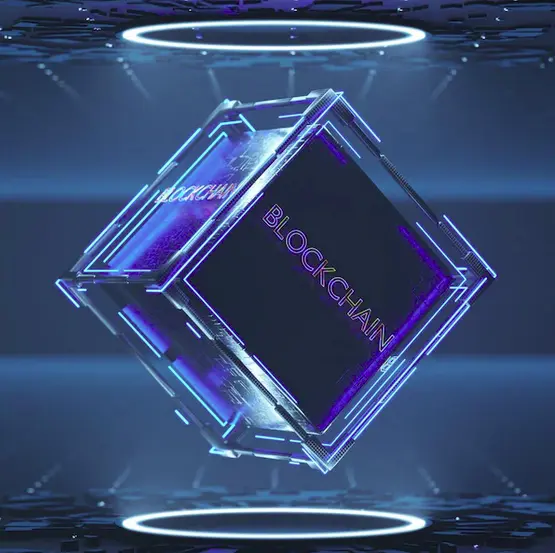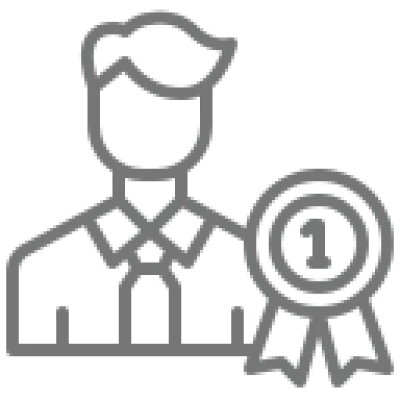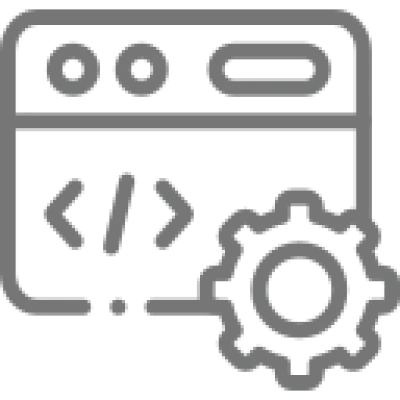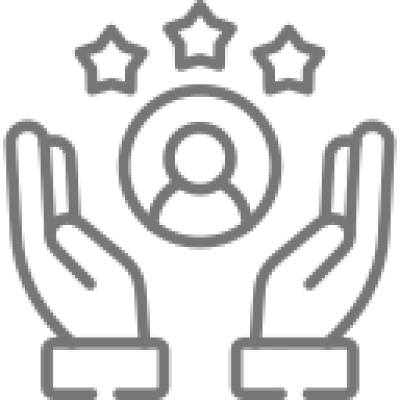Blockchain in 2023: A Look at the Latest Developments and Predictions for the Future

A blockchain is a shared distributed database or ledger between computer network nodes. A blockchain serves as an electronic database for storing data in digital form. The most well-known use of blockchain technology is for preserving a secure and decentralized record of transactions in cryptocurrency systems like Bitcoin. The innovation of a blockchain is that it fosters confidence without the necessity for a reliable third party by ensuring the fidelity and security of a record of data.
Information is essential to business. It is best if it is received quickly and accurately. Blockchain is the best technology for delivering that information because it offers real-time, shareable, and entirely transparent data that is kept on an immutable ledger and accessible exclusively to members of a permissioned network. Among other things, a blockchain network can track orders, payments, accounts, and production. Additionally, because everyone has access to the same version of the truth, you can see every aspect of a transaction from beginning to end, increasing your confidence and opening up new prospects.
Why is Blockchain Important For The Metaverse?
Every additional piece of information that comes after that newly added block is combined into a brand-new block, which is then added to the chain once it is full.
A blockchain, as its name suggests, arranges its data into pieces (blocks) that are strung together, whereas a database typically organizes its data into tables. When used in a decentralized way, this data structure creates an irreversible chronology of data by design. When a block is completed, it is irrevocably sealed and added to the timeline. When a block is added to the chain, it receives a precise timestamp. Many industries, including finance, supply chain management, healthcare, and many more, might be completely transformed by blockchain technology. It is a decentralized, distributed ledger that enables safe and open transaction recording.

Schedule a call to know more about Blockchain and the cost to create the App.
Some of the predictions to look out for in the year 2023:
- Blockchain technology will keep gaining popularity and adoption in 2023. It is likely that we will witness an increase in the number of platforms and applications that use blockchain as more businesses and individuals become aware of its advantages.
- Smart contracts, which are self-executing contracts with the terms of the agreement between buyer and seller being directly encoded into lines of code, will be used more frequently. Ethereum, which also powers smart contracts, is the most significant network on which developers are constructing. Smart contracts have the ability to simplify and automate a number of business operations greatly, and it is probable that in the years to come, more and more businesses will use them.
- As blockchain technology continues to develop and be adopted in the business world, it is probable that this trend will continue across a variety of industries. We might witness an increase in the number of platforms and applications that use blockchain as more businesses become aware of its advantages.
- Increased emphasis on scalability and security. The security and scalability of blockchain networks will probably receive more attention as the technology is utilized more broadly. To overcome these difficulties, this may include the creation of new technologies and protocols.
- Decentralized finance (Defi) platforms, which employ blockchain technology to provide financial services decentralized from any central authority, will become more prevalent. In the future, it’s likely that more people will use DeFi platforms as they have the potential to democratize access to financial services. The space for decentralized applications is now more crucial than ever due to the tragedies of centralized entities.
- Increased compatibility with other technologies. It’s feasible that blockchain technology and other cutting-edge technologies like artificial intelligence and the Internet of Things may become more integrated (IoT). This can result in the creation of new, creative blockchain use cases and applications.
- More usefulness will be implemented in NFT projects. The NFT market has expanded during the past two years. Because they were constructed with the intention of making quick profits, numerous projects in the recent past have failed. The utility that is built into each individual NFT is where the NFT technology’s true value lies. For many initiatives to last over time, improving utility will be a top priority.
Blockchain – Benefits, Drawbacks and Everything You Need to Know
Overall, it is difficult (if not impossible) to foresee exactly what the future of blockchain technology will entail. Nevertheless, it is obvious that IoT has the power to greatly disrupt and revolutionize a wide range of businesses, and it is probable that we will continue to witness growth and innovation in this field in the years to come.
Recent Blogs
-
Key Considerations for Hiring Expert Software Developers
-
A Comprehensive Guide to Augmented Reality (AR) App Development
-
Unleashing Business Potential: Achieving Massive Outcomes with Big Data Analytics Services
-
Leveraging Salesforce Customer Data Platform (CDP) to Understand and Engage Customers
-
What are the benefits of using virtual reality solutions?
-
What is a proof of concept (PoC) and why do you need one in Software Development?
-
Mastering Marketing Automation: Unveiling the Power of Salesforce Marketing Cloud
-
10 Compelling Reasons to Choose Salesforce for Your Business
-
Navigating Salesforce Marketing Cloud Implementation: Tackling Common Challenges
-
Understanding 6 Key Differences Between Virtual Reality and Augmented Reality






